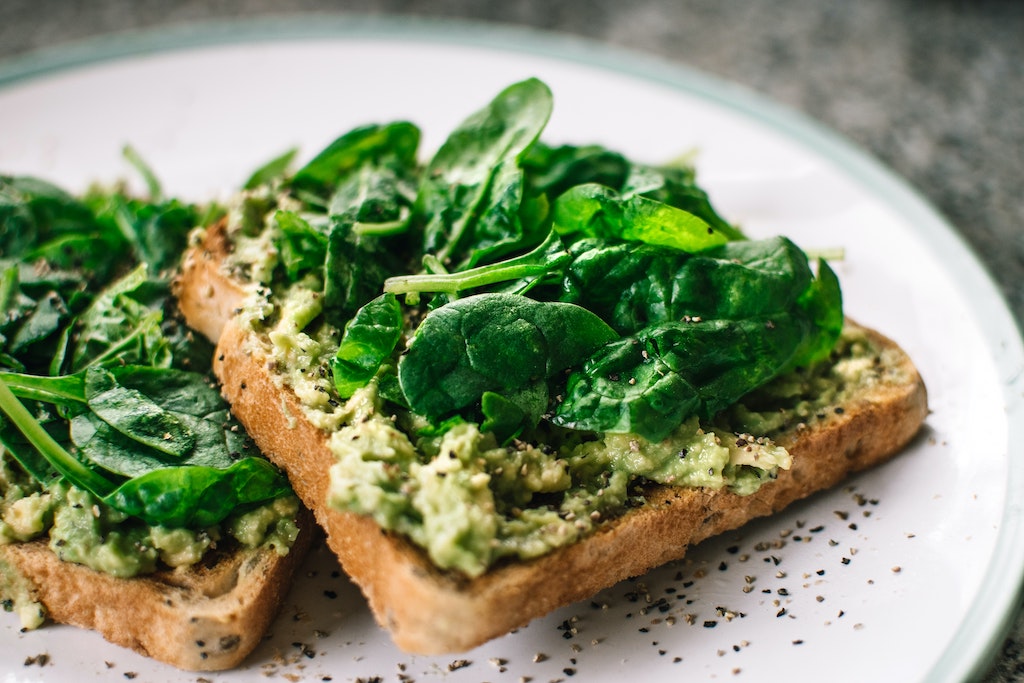4 Mins Read
Three new scientific studies are connecting a healthy plant-based diet to better men’s health outcomes. Presented at the recent American Urological Association (AUA) virtual conference, the new studies show a link between plant-based food intake and better urological health in men, as well as a reduced risk of prostate cancer and erectile dysfunction.
The AUA has presented three new scientific studies highlighting the benefits of plant-based diets for men’s health—specifically urological health in men. At the virtual annual conference hosted by the organisation, researchers presented their findings on how plant-based diets were associated with a decreased risk of erectile dysfunction, lower rates of prostate-specific antigens (PSA), a marker of the risk of total and fatal prostate cancer.
All three studies have been published in the peer-reviewed Journal of Urology, the official medical journal of the AUA. During the conference, AUA conference moderator Stacy Loeb said the session could be “summarised succinctly” with the conclusion that men should “eat more plants for your prostate and your erections.”
Plant-based diets and lower PSA rates

In the first study presented, researchers found a link between higher intake of plant-based foods and PSA levels in men. Using data on the demographics, dietary habits and PSA levels of men enrolled in a national health and nutrition survey, the study found a significant correlation between those who consumed a healthy plant-based diet and lower PSA levels.
PSA is made by the prostate gland, and high levels of PSA is generally recognised as a sign of prostate cancer. It is also a sign of noncancerous health issues related to the prostate, such as prostate enlargement and inflammation.
Meanwhile, higher intake of animal-based foods led to more elevated levels of PSA. “It works the other way around,” said Dr. Ali Mouzannar, during the conference. “Meat has been shown to be associated with a high rate of aggressive prostate cancer, and high risk of recurrence.”
Certain plant foods and lower prostate cancer risk
Another study focused on the beneficial role of specific vegan foods with a lower risk of prostate cancer. One of these foods is tomatoes, which contains lycopene, which seems to have an anti-prostate cancer effect. It builds on top of existing research that confirmed the association between high meat and dairy intake and the risk of prostate cancer, but this study marked one of the first to link plant-based dietary patterns more specifically and the advantages it could have in preventing prostate cancer development.

Involving more than 47,000 male participants for up to 28 years, the research found that overall higher rates of plant-based food consumption led to a significantly lower risk of fatal prostate cancer.
“In addition to well-established benefits for general health and the environment, data from this prospective study provide supportive evidence that greater consumption of healthful plant-based foods may be associated with a lower risk of aggressive prostate cancer,” wrote the researchers, who added that the “strongest results” were observed among younger male populations.
Eat plants to prevent erectile dysfunction
The third study presented at the AUA analysed the association between erectile dysfunction and over 2,500 men’s intake of plant-based foods through the overall healthful plant-based diet index. It found that those who ate a diet rich in healthy vegan foods had a decreased risk of erectile dysfunction.

Known risk factors for erectile dysfunction include increased age, hypertension, diabetes, history of stroke and higher BMI rates.
Commenting on all the findings, Stacy Loeb said during the conference that the data is “really encouraging given the many health and environmental benefits of plant-based diets.” Animal-based foods such as meat and dairy are the most carbon-intensive products in the food system, with livestock farming contributing around a fifth of global GHG emissions.
“I see it as a win-win—there’s not really a downside here,” Loeb added. “You’re going to decrease your risk of aggressive prostate cancer and elevated PSA, and increase your chances of preserving erectile function, and it’s just better for the planet as a whole.”
The latest evidence adds to the overwhelming bed of data confirming the benefits of plant-based diets to human health, from reducing the risk of heart disease to bolstering the presence of gut microbes that are linked to lower obesity rates and diabetes.
All images courtesy of Pexels.




